I have not blogged about my reading a very long time. It’s been eventful around here. I took on extra duties at work, our cat passed away, we adopted kittens in August. Meet Velma and Daphne.

They are incredibly lovable and sweet. We adore them!
Here is a list of all the books I’ve read since I last wrote a review on my blog with a star-rating attached. I don’t think I’ll get around to reviewing these books. I started to write a catch-up post with reviews in September, and I was overwhelmed. Links go to Bookshop.org if you’re interested in purchasing. I would earn a small commission.
- Keats: A Brief Life in Nine Poems and One Epitaph by Lucasta Miller. Rating:





- The Witch of Willow Hall by Hester Fox. Rating:





- The Tenant of Wildfell Hall by Anne Brontë. Rating:





- A Bite-Sized History of France: Delicious, Gastronomic Tales of Revolution, War, and Enlightenment by Stephane Henaut and Jeni Mitchell. Rating:





- Circe by Madeline Miller. Rating:





- Lives Like Loaded Guns: Emily Dickinson and Her Family’s Feuds by Lyndall Gordon. Rating:





- All the Light We Cannot See by Anthony Doerr. Rating:





- Admissions: A Memoir of Surviving Boarding School by Kendra James. Rating:





- The Invisible Life of Addie LaRue by V. E. Schwab. Rating:





- The Song of Achilles by Madeline Miller. Rating:





- The Brontë Myth by Lucasta Miller. Rating:





- Watercress by Andrea Wang. Rating:





- The White Hare by Jane Johnson. Rating:





- Death and the King’s Horseman by Wole Soyinka. Rating:





- Surrender: 40 Songs, One Story by Bono. Rating:





Of these books, my two favorites are Circe and Surrender (big U2 fan here). I was slightly disappointed by The Brontë Myth because it focused almost entirely on Charlotte Brontë. Anne was entirely neglected and Emily nearly so. I get why: we just don’t really know that much about them because they died before they became major literary stars whereas Charlotte survived long enough to see her fame blossom. I still gave the book 4 stars as it was informative. It wasn’t in the same league as Miller’s book about Keats. I thoroughly enjoyed both Madeline Miller books and plan to read more in that vein (seems like a burgeoning industry to retell Greek myths). I felt like The Invisible Life of Addie LaRue owed a little bit to the Doctor Who episode about Ashildr, introduced in the episode “The Woman Who Lived” (one of my all-time favorites episodes and characters).
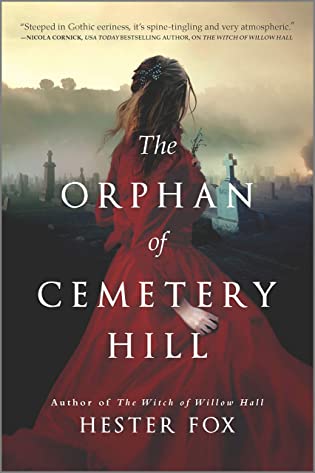 The Orphan of Cemetery Hill by
The Orphan of Cemetery Hill by 
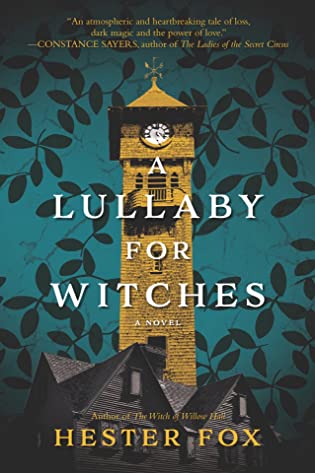 A Lullaby for Witches by
A Lullaby for Witches by 
 Keep Moving: Notes on Loss, Creativity, and Change by
Keep Moving: Notes on Loss, Creativity, and Change by 
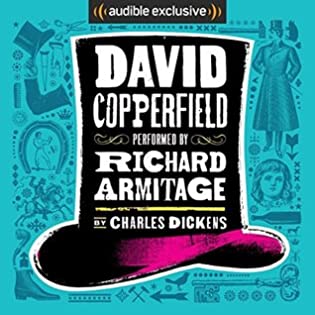 David Copperfield by
David Copperfield by 
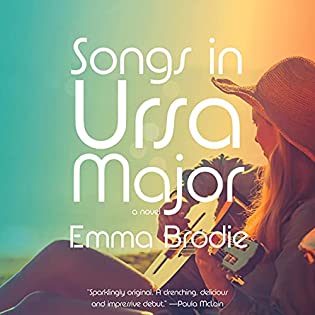 Songs in Ursa Major by
Songs in Ursa Major by 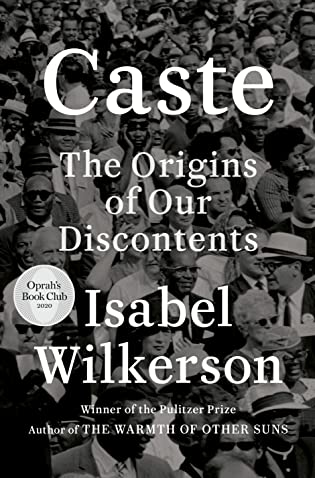 Caste: The Origins of Our Discontents by
Caste: The Origins of Our Discontents by 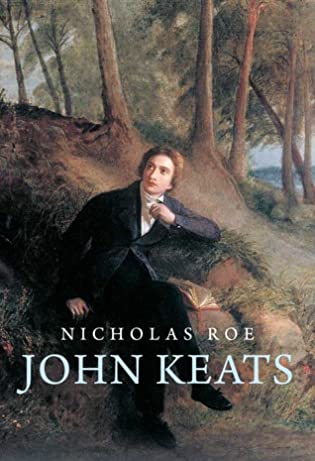 John Keats: A New Life by
John Keats: A New Life by 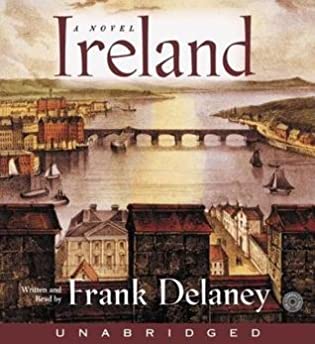 Ireland by
Ireland by 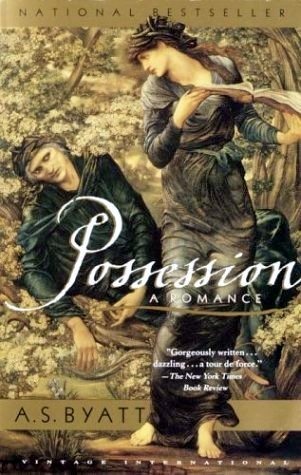 Possession by
Possession by 